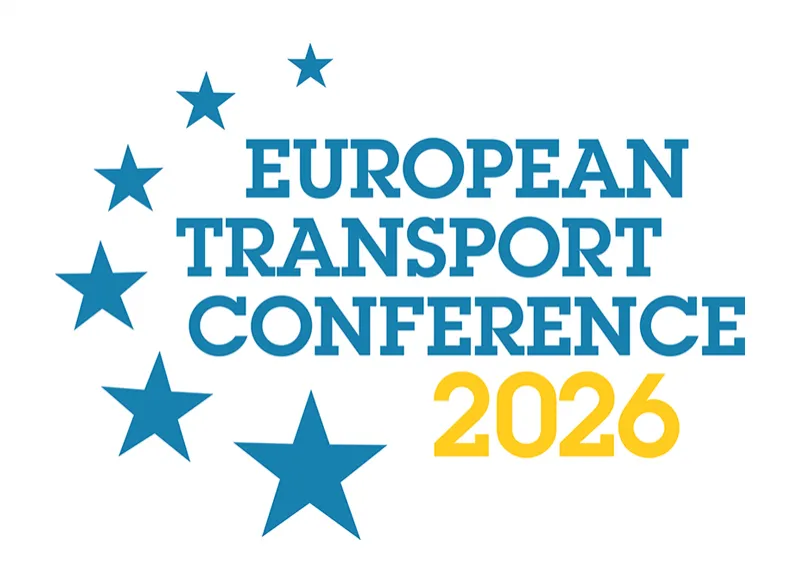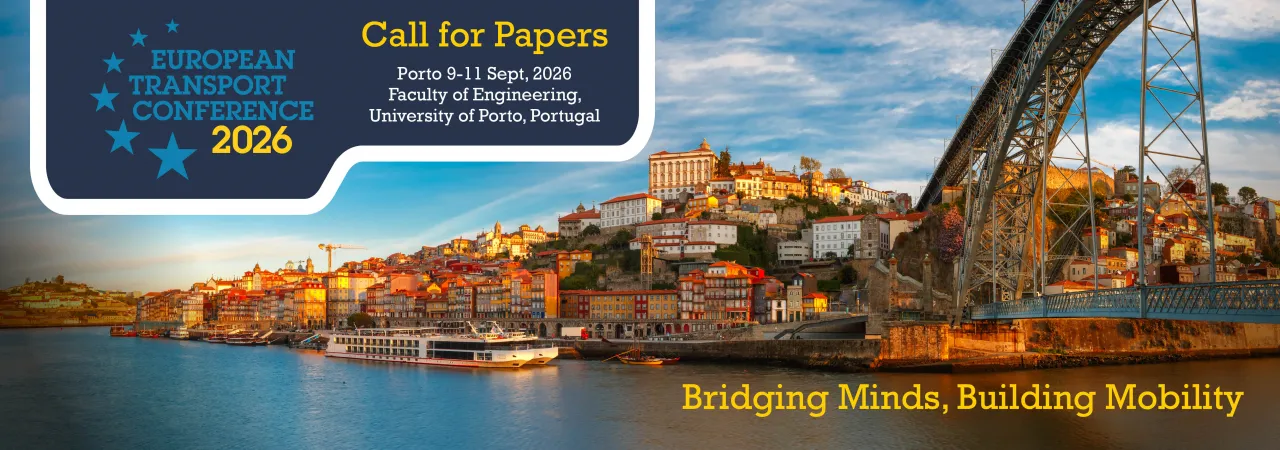Chair: Oliver Charlesworth, Bentley, UK
Mission Statement:
Data plays a crucial role in transport by providing insights that help improve the efficiency, predictability, safety, and sustainability of transportation systems. Overall, data-driven approaches in transport planning lead to more informed decision-making and better outcomes for urban mobility and sustainability. The use of data in transportation has evolved significantly in recent years, driven by advancements in technology and the increasing availability of diverse data sources.
At the European Transport Conference, Jacobs sponsors an award for the most innovative use of data written for and presented in the Data seminar.
ETC 2026 - Data Call for Papers
For the 2026 European Transport Conference we have identified five areas of interest that we are especially interested in highlighting, discussing and attracting papers for:
- Integration of Big Data and IoT: The rise of Internet of Things (IoT) devices and sensors has enabled the collection of vast amounts of data. This data is used to monitor traffic conditions, vehicle performance, and passenger movements.
- Transport Modelling: Transportation agencies are increasingly using predictive analytics to forecast traffic patterns, identify potential congestion points, and plan for future infrastructure needs. This helps in making proactive decisions to improve traffic flow and reduce delays.
- Multimodal Transportation Systems: The rise of multimodal transportation systems, which integrate various modes of transport like buses, trains, and bikes, relies heavily on data to ensure seamless connectivity and optimize routes. Data from GPS, mobile signals, and ticketing systems is analysed to enhance the user experience and operational efficiency.
- Enhanced Safety Measures: Data analytics is being used to improve safety by identifying high-risk areas and predicting accident hotspots. Advanced driver assistance systems (ADAS) and other safety technologies generate data that helps in developing strategies to reduce accidents and enhance road safety.
- Environmental Impact Analysis: Data is being used to assess and mitigate the environmental impact of transportation. By analysing travel behaviour and emissions data, planners can develop strategies to promote sustainable transportation options and reduce carbon footprints.
The committee welcomes debate on the use of or collection of Data, supported by compelling research results and examples of good practice. This debate can be nourished by papers on completed projects, as well as works in progress, as valuable insights can be gained in every phase of a project.
Important notice:
Each year we receive more abstracts than can be accommodated in the programme. If your abstract is selected, please be aware that others have been rejected, that the ETC organisation has invested time in devising an attractive and coherent programme and that delegates use this programme to decide to come to the conference.
Before submitting your abstract, please make sure at least one of the authors can attend the conference to present the paper or poster, that finances are available for conference fee, travel and accommodation costs and that you have/will obtain the approval needed (from management or client) to present the work in public at the time of the conference. If your paper is accepted, you will be required to book and pay for the conference by the end of June.
We do understand that sometimes circumstances can force authors to withdraw. If so, you would help us by informing us as soon as possible. Last minute withdrawals or no-shows negatively affect the conference experience of your fellow transport professionals.












